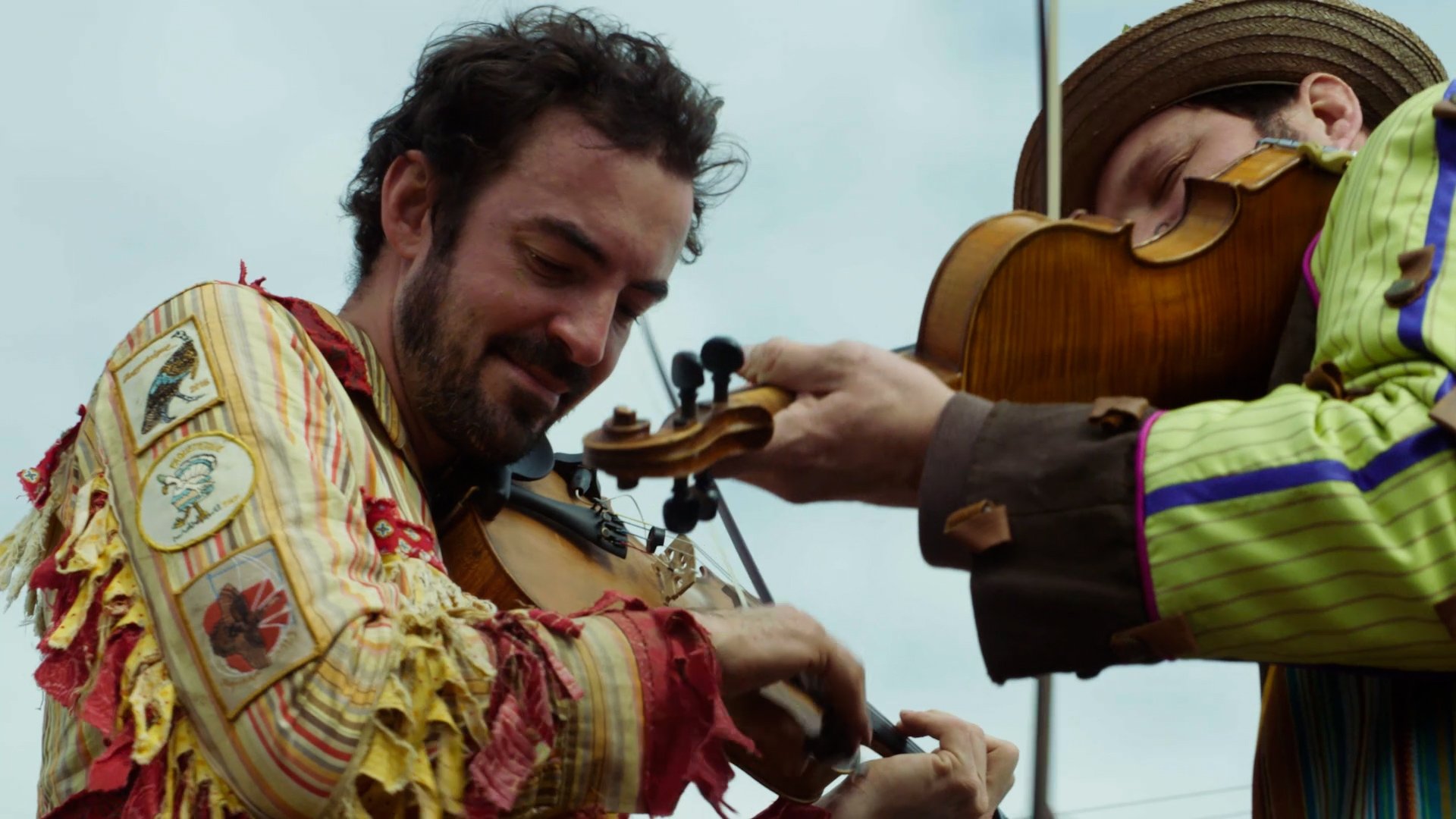Remembering Les Blank

The documentary filmmaker who helped introduce America to Louisiana roots music traditions passed away on the weekend.
On Sunday, filmmaker Les Blank died of bladder cancer at the age of 77. He spent formative years in New Orleans, and while a student at Tulane University, he learned what he didn't want to do - be a brain surgeon. It's where he also had experiences that would prove helpful in the future. In our 2010 conversation, he said:
Towards the end of my stay there, I learned about the clubs where people like Fats Domino were playing to all-black audiences. In those days there weren’t much mixing in the clubs if any at all. That, to me, was eye-opening—to be in there and be friendly with people who normally are conditioned to think that they don’t get next to or dance with you.
For his documentaries, Blank had to similarly immerse himself with equal care and insight in communities that were generally separated from the mainstream by culture or distance. He shot a number of films on Cajun and zydeco music, as well as other forms of North American roots music. "I’m always careful not to antagonize people," he said.
Some cameramen will just look at, say a family having a picnic, and they just worry about their focus and exposure and screen movement. (They) don’t realize these are human beings who have feelings and personal space. You have to sort of float into a situation, not being too pushy. I think a lot of it has to do with how enthusiastic you are about your subject. If you really love what you’re doing and love the people you’re doing it with, then I think it communicates and loosens up a little bit. I think most every film I’ve made, I’ve managed to get it back to the community before the subject dies. It’s mostly all worked out real well. I remember tales of Cajuns getting really annoyed of outsiders coming in and making fun of their culture.
Blank's respect for his subjects is clear in his work, and he routinely found signs of real life in an America that was in the process of swapping out the regional and idiosyncratic for the national and predictable.
Now when we look at his work, some of Blank's shots and techniques seem commonplace. That's because everyone who has followed has borrowed from him. Here are some excerpts. To get DVDs of his films, go to LesBlank.com.






